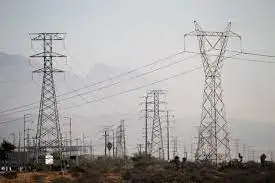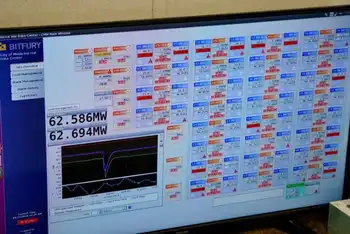UTC Power Stationary Fuel Cell Meets Stringent New Standard
SOUTH WINDSOR, CONNECTICUT - The PureCell 200 fuel cell power solution from UTC Power, a leading worldwide producer of fuel cells and a company of United Technologies Corp., has been certified to meet the ANSI/ CSA America FC 1-2004 Stationary Fuel Cell Power Systems Standard by CSA International (CSA). This new standard sets design, construction, operating and quality requirements for stationary fuel cell power systems.
CSA is recognized worldwide for its product testing, certification and standards development services. According to CSA International's Todd Strothers, Regional Manager, "We have worked closely with UTC Power since 1990. They were a driving force in helping CSA develop the world's first safety standard for fuel cells. Today, UTC should take pride in having successfully demonstrated that the PureCell system complies with all of our new standard's safety and performance requirements."
According to UTC Power's Michael Vukovinsky, Director of Products and Applications, "This achievement demonstrates the PureCell solution complies with the most stringent code in place today, which demands very high safety and performance standards. Conformance to this code also ensures easier installation of our product at customer sites and easier interconnection to electric utility grids."
The PureCell 200 system operates quietly and produces 200 kilowatts of power and 870,000 Btu/hour of heat for cogeneration applications. It has the capacity to operate grid-connected or grid- independent and can be configured to transition instantaneously with no interruption in service.
The system also meets the strictest emission standards, such as those set forth in the California Air Resources Board 2007 distributed generation requirements. Globally, UTC Power stationary fuel cell units have accumulated more than 1 billion kilowatt hours of operating time.
Related News

Criminals posing as Toronto Hydro are sending out fraudulent messages
TORONTO - Toronto Hydro has sent out a notice that criminals posing as Toronto Hydro are sending out fraudulent texts, letters and emails.
The warning comes in a tweet, along with suggestions on how to protect yourself from fraud.
According to Toronto Hydro, fraudsters are contacting people by phone, text, email, fake electricity bills, and even travelling door-to-door.
They threaten to disconnect the power unless an immediate payment is made. The website states that in some cases, criminals request payment via pre-paid credit card or bitcoin.
It’s written on the website that Toronto Hydro does not accept these methods of payment, and they do…




